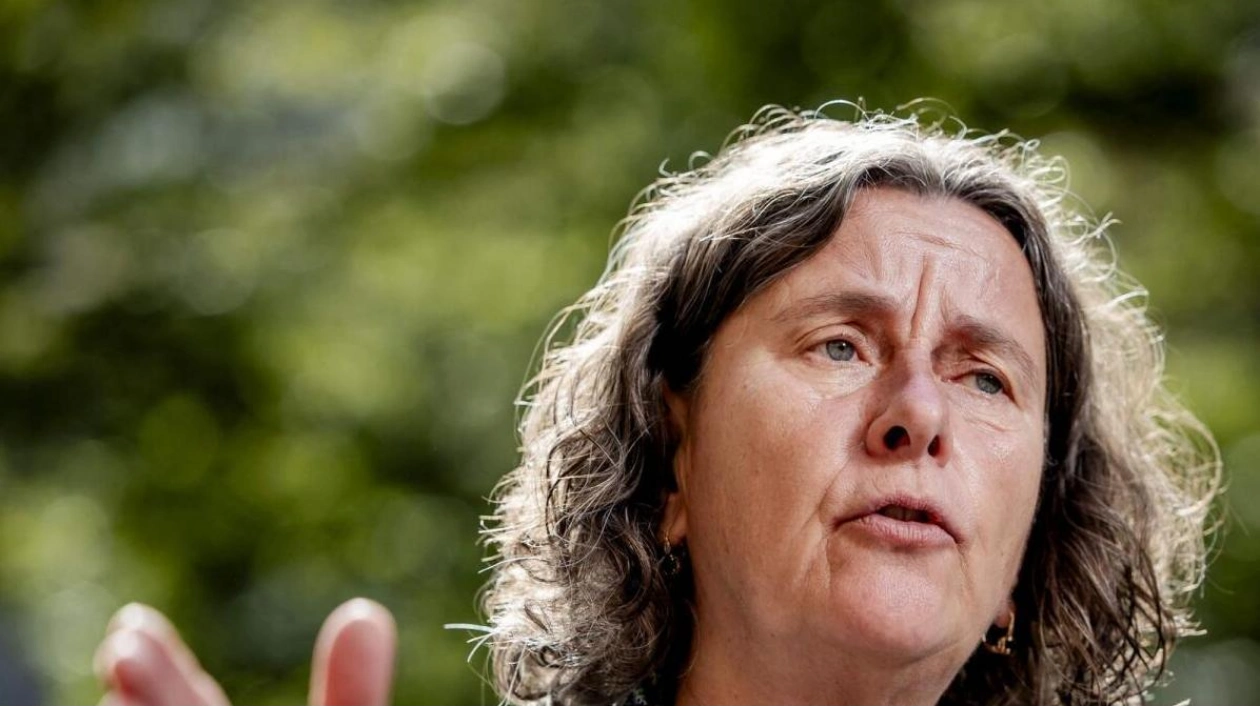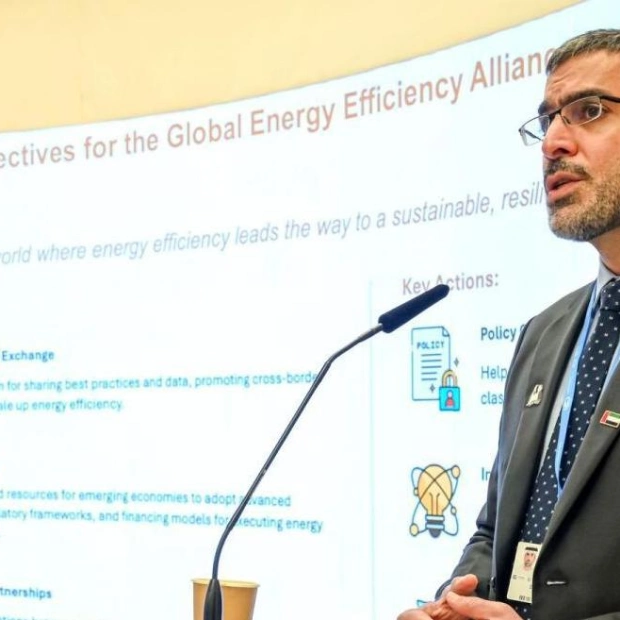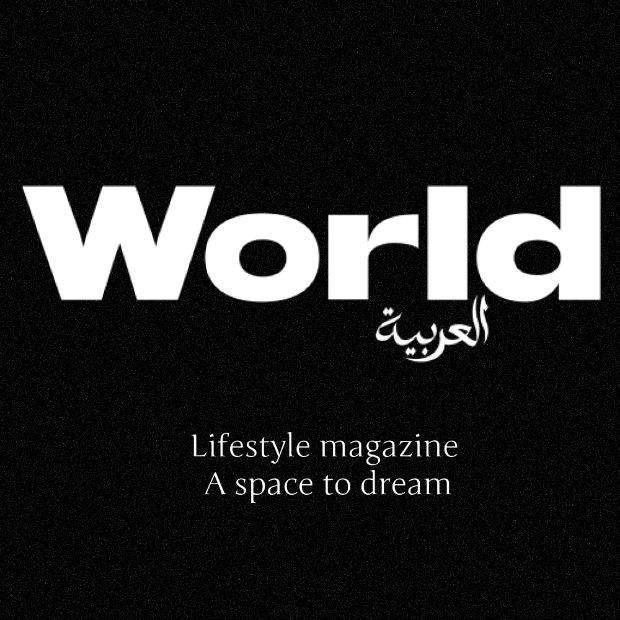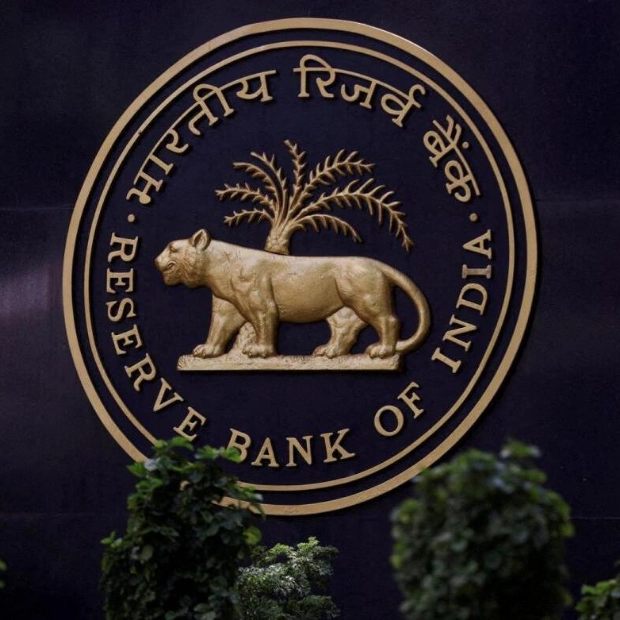The Netherlands' right-wing government announced on Wednesday its intention to opt out of the European Union's migration rules during the next renegotiation of the bloc's core treaties, a move that is unlikely to occur in the near future. Since assuming power in July, the administration led by Geert Wilders' nationalist PVV party has expressed its desire to tighten controls on unwanted arrivals and implement the "strictest-ever asylum regime," featuring enhanced border checks and more stringent regulations for asylum-seekers. Immigration remains a contentious issue in the Netherlands, mirroring concerns across the 27-nation EU, and the PVV's tough stance largely accounts for its popularity.
"I just informed @EU_commission that I want a migration opt-out for the Netherlands within Europe," PVV Asylum and Migration Minister Marjolein Faber stated on X. "We need to regain control of our own asylum policy!" Faber's words echo similar immigration-centric political slogans heard in Britain and elsewhere in recent years. However, Faber's official letter to the European Commission reveals a more nuanced approach, indicating that the Netherlands is not seeking to opt out of the EU's newly agreed immigration pact, which took years to negotiate and came into effect in June, but rather hopes to do so at a later date.
"This government aims to significantly reduce the volume of migration to the Netherlands," Faber wrote, adding that to achieve this goal, "it will call for an opt-out from the European asylum and migration acquis in case of Treaty amendment." "I know this will take a long time, but it is a sign that a new wind is blowing," Wilders stated in parliament. No changes to EU treaties are anticipated in the immediate future. Faber clarified that the Netherlands would continue to implement the pact, emphasizing its importance in limiting the influx of migrants. The European Commission promptly responded, stating that it does not foresee any imminent changes to asylum rules and welcomed Faber's commitment to adhere to the current regulations.
Under the pact, each EU country will be allocated a share, proportional to its economy and population, of the total 30,000 asylum-seekers the bloc is expected to accommodate annually. Rights groups argue that this number, based on irregular border crossings and sea rescues, is insufficient. Countries unwilling to accept asylum-seekers will instead contribute personnel, equipment, or funds to those that do. According to EU data, the Netherlands received two first-time asylum applications per 1,000 residents in 2023, close to the bloc's average. Ten member states had a higher proportion. However, after years of budget cuts, the Netherlands' sole registration center for asylum-seekers is frequently overwhelmed, sometimes resulting in hundreds sleeping outdoors.
Wilders has stated his desire to make the Netherlands less appealing to asylum-seekers, suggesting that "people in Africa and the Middle East will start thinking they might be better off elsewhere." The Dutch coalition parties also aim to curb labor migration, while admission of foreign students to Dutch universities is set to become more stringent.






